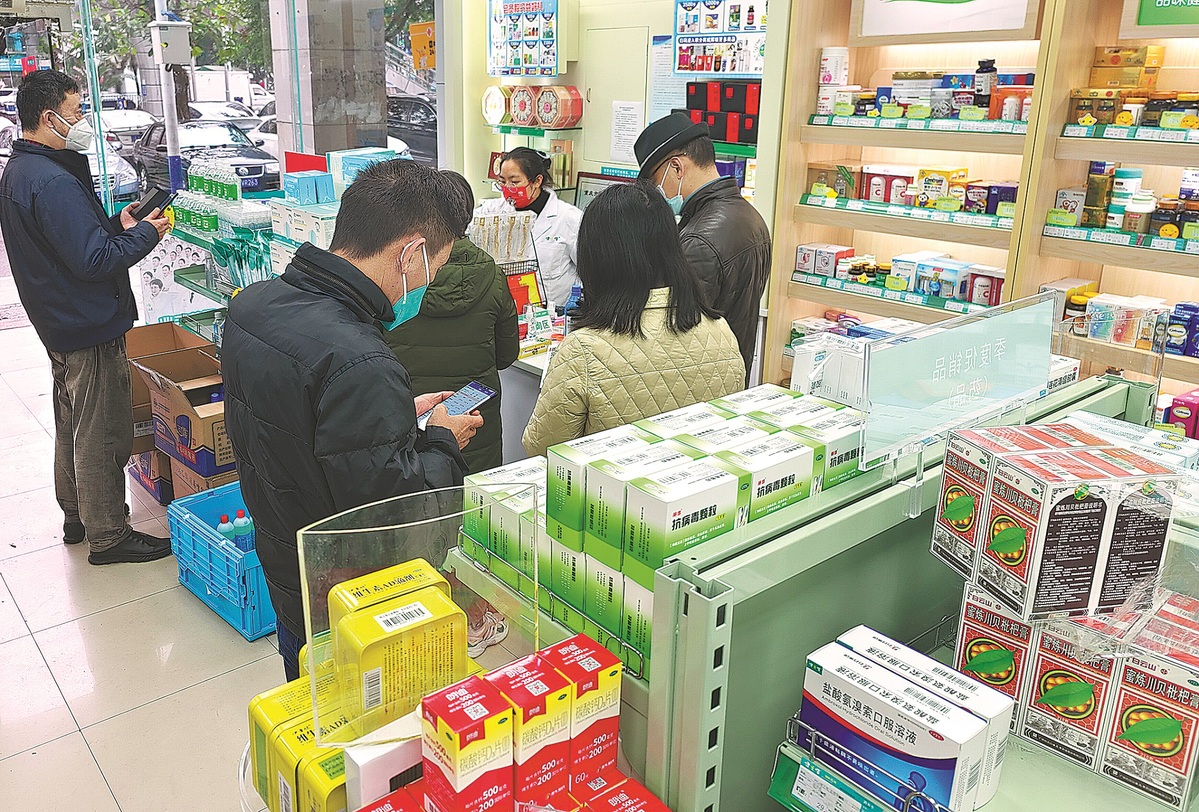Q&A on Chinese medical insurance reform


Q5: Why some people have questioned the reforms?
A: The most immediate outcome of the reforms for some people is that they receive less money on their personal accounts and feel like they are suffering a loss, hence the rise of disputes over the change.
Wang Zongfan said this viewpoint is misconstrued. "Money collected on personal accounts is not personal savings. It is part of the national medical insurance funds and can only be used for healthcare services," he said.
Authorities said that by ramping up unified accounts and enforcing the mutual aid model, people can enjoy more robust insurance. Every individual will get old and often become sick, and relying on personal accumulations carries risks. In the long term, building a strong and sustainable, mutual aid medical insurance system can bring maximum benefits.
Q6: Are the reforms triggered by insufficient medical funds?
A: There is no need to worry about the capacity of China's medical funds. Last year, the national medical insurance fund ran a total surplus of 630 billion yuan, including an excess of 550 billion yuan in insurance for employees. Authorities said that the overall medical fund breaks even and is compatible with current economic and social development. Its capacity is robust and sustainable.
Even though medical funds are sufficient, it is still necessary to shift accumulated savings in personal accounts to public accounts because all of them are meant to be used for mutual assistance. "Pooling our savings together can meet the medical demands of the public to the greatest extent," said Wang Zhen, a researcher at the Chinese Academy of Social Sciences' Institute of Economics.
























